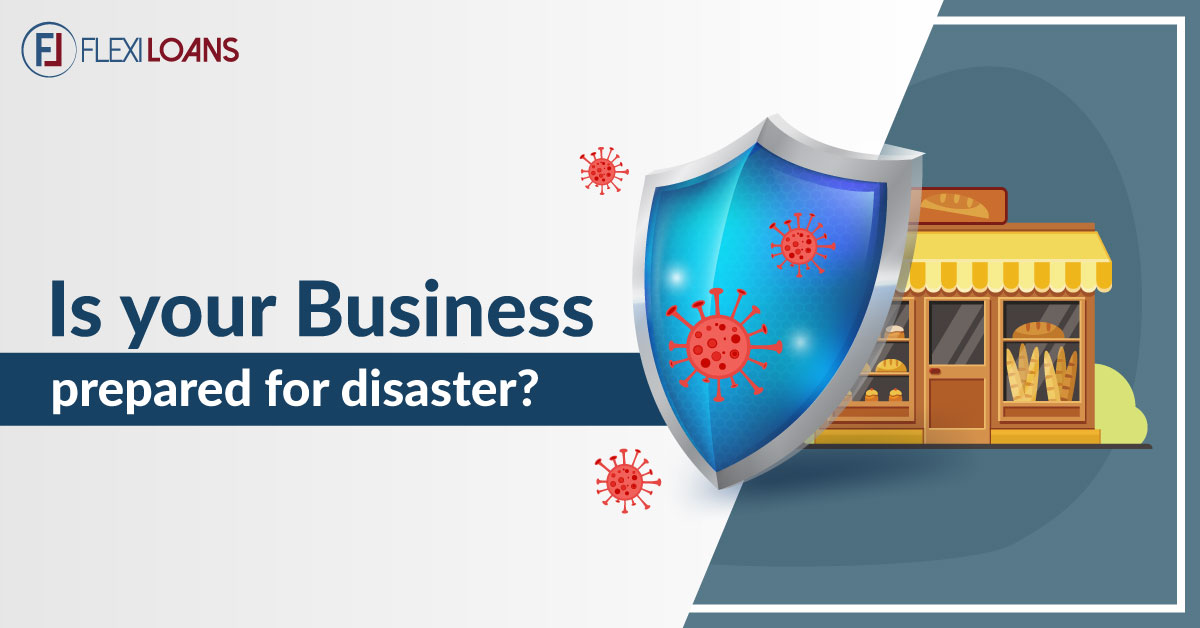Apr 18, 2020

Many individuals like to have small businesses of their own instead of working for others. It helps them in being their masters as they have complete control over the products they sell; on the people they hire and on the way they conduct business.
But all this does not give them the power to do away with outside events. Financial problems, unforeseen circumstances, and natural disasters might take place. Disaster preparedness might be more challenging than keeping aside cash for predictable situations. Still, small business owners must come up with plans of action for standing up strong against disasters of all kinds.
NOT MAKING THE RIGHT PLANS: COMMON MISTAKE MADE BY SMALL BUSINESS OWNERS
Some common mistakes made by small business owners include:
- Not planning for the worst situations.
- Being quite optimistic, which means they do not entertain possibilities where they might be exposed to adverse outcomes.
Entrepreneurs with small businesses indeed have bright expectations that can help them in building their business and overcoming regular issues. But not being able to put forth the right strategy for dealing with mishaps can be dangerous.
WHAT ALL CAN YOU DO UNDER BASIC PREPARATION
It helps to make plans even without having any idea of the nature or the disaster that might strike a business. The basic line-up should be a severe illness of a business partner, natural disasters to any financial problem. Here’s how you can plan:
- Setting up time for mitigating the effects of all kinds of disasters.
- Going for the most suitable insurance plan. Flood insurance might work for businesses located in low-lying regions.
- Business interruption coverages come as add-ons compensating for lost earnings.
- Create a strategy for communicating with customers and employees during disasters.
- Try backing up vital company information while keeping copies of documents and files somewhere outside the workplace. Keep updating the backups very often.
- Research options for unsecured business loans available for doing away with disasters and unforeseen situations.
- Discuss succession plans that you need to implement during emergencies.
Once you are done with the plan, try drafting emails, signing up for insurance plans, and securing unsecured business loans.
EVERYTHING ELSE
Other important things you need to work on as a small business owner include:
- Keep your business supplies very well-stocked. You should think of all those things your business might require to remain functional for a minimum of 2-4 weeks.
- Be in touch with local responders, medical centers, and hospitals for medical attention needed after the disaster.
- While rebuilding business, unsecured business loans can significantly help you in getting back on track. Interest rates for these loans generally range between 4 to 8%, based on that organization’s access to credit.
CONCLUSION
Unfortunate and unforeseen events should never take a toll on the health of your small business. True, you have a confined budget to take care of all your business requirements. However, that does not mean you will not be able to stand up again after a disaster. A bit of preparedness will help you and your business in going a long way.






